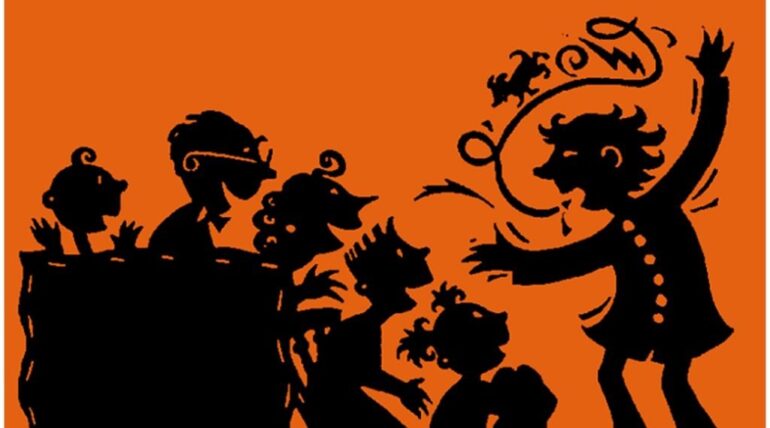Header Three
By readywriters
By readywriters




By TRWCBlogger
Storytelling is as old as mankind itself. Stories are sometimes told spontaneously, in passing the time during leisure with friends, children, family members, workmates, schoolmates, etc. Whatever the reason, story-telling is enjoyable.
So what makes a great and interesting story?
Often, the way your story starts determines if readers will go beyond the first page. For the best result, the approach is starting in a way that your readers would get glued to the piece. The introductory paragraph needs to perform this task and this could be by a figurative expression, an exclamation, sigh, etc. depending on what you are trying to portray.
As your story develops, let it lead you naturally to the end. A forced ending or middle can kill a story faster than you think. Let your characters evoke emotions in your readers as they evolve. That is not to say your story should be predictable, but it should have a natural flow to the narrative.
You have to learn the right blend of realism, fantasy, the absurd, humour, seriousness etc. Make storytelling an art. You should know what can trigger an emotion or thought in your readers, the same way you have what triggers yours. Let that play out creatively.
Narration requires an element of description, which calls for the use of adjectives, adverbs, and other descriptive words or phrases etc. Let each sentence link well with the preceding one.
This is a skill every storyteller needs to develop. In spite of the fact that your readers know the subject or title and also the starting point of your narration, they should not get to the end of it before you. Your ability to hold the main gist until it appears you have exhausted your narration should be your aim.